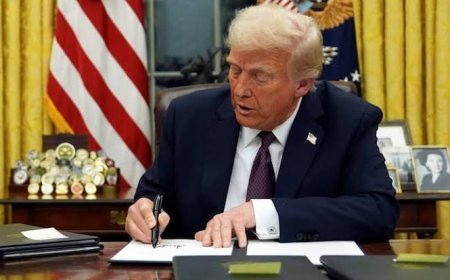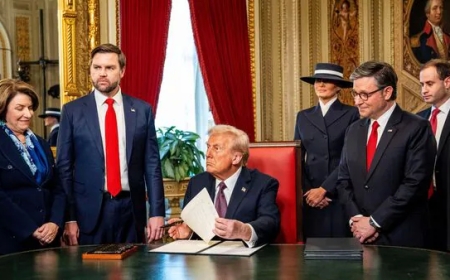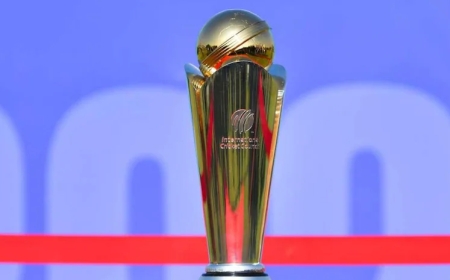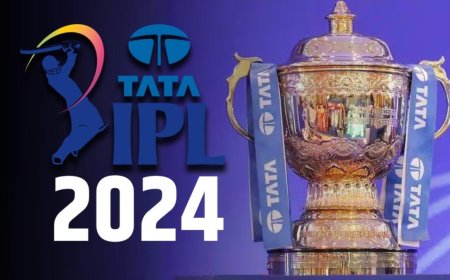New 'Pay Later' Feature for Income Tax Filing: How To Use Pay Later Feature To Pay Income Tax
Check the "Pay Later" feature for Income Tax filing. File ITR before paying taxes, with conditions and penalties explained. Learn the process, payment timelines, and expert insights for a seamless tax filing experience.
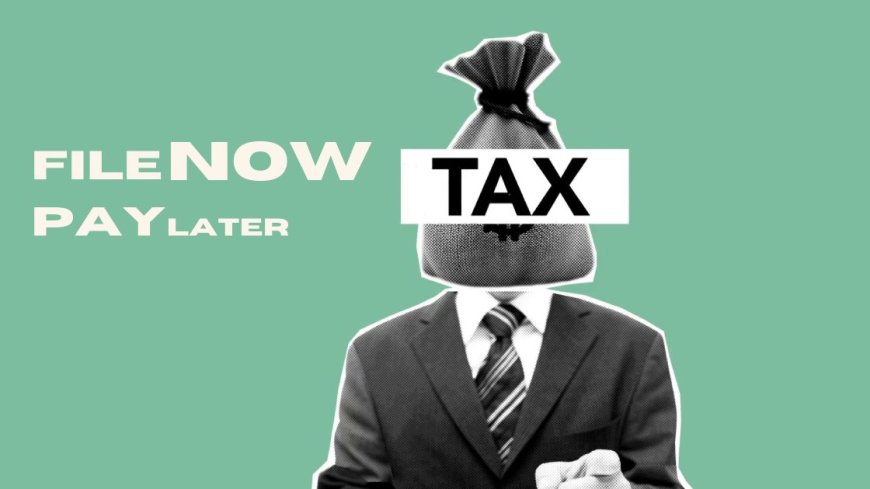
The Income Tax Department has introduced a groundbreaking feature on its e-filing portal, allowing taxpayers to file their Income Tax Returns (ITRs) before settling their pending tax dues. This novel "Pay Later" option enables individuals to complete the ITR filing process without upfront tax payment. However, there are specific conditions and consequences associated with this feature that taxpayers should be aware of.
Previously, taxpayers were required to clear their outstanding taxes before filing their ITR. This new feature aims to streamline the tax filing process and provide flexibility to individuals with tax obligations. Below, we delve into the details of how the "Pay Later" option works and what taxpayers need to consider.
Eligibility and Scope of "Pay Later" Option
The "Pay Later" option can only be utilized for self-assessment tax payments at the time of ITR filing. Other types of tax payments such as advance tax and Tax Deducted at Source (TDS) cannot be deferred using this feature.
Key Considerations When Using the "Pay Later" Option
-
Possible Default Status: Opting for the "Pay Later" option could lead to the taxpayer being considered an "assessee in default." This designation implies that the taxpayer has pending tax dues.
-
Interest Liability: Taxpayers must acknowledge that they may be liable to pay interest on the outstanding tax amount.
Payment Window and Penal Interest
Upon filing the ITR using the "Pay Later" option, taxpayers will receive an intimation notice after the ITR is processed. This notice will inform them about the pending tax amount and the need to settle it promptly. Taxpayers are granted a 30-day window to make the tax payment without incurring penal interest. However, opinions on this grace period vary among tax experts.
Some experts argue that opting for the "Pay Later" feature instantly categorizes the individual as an assessee in default, leading to a 1% penal interest on tax dues. If the payment is delayed beyond the 30-day period, an additional 1% penal interest may apply.
Expert Insights on Timelines
Tax professionals offer different perspectives on the timeline for payment. According to Amarpal S. Chadha, Tax Partner and Mobility Leader at EY India, if the taxpayer opts for the "Pay Later" option, the tax payment, along with any applicable interest and fees, must be made within 15 days from the intimation of a defective ITR. Failure to do so may result in the ITR being treated as invalid, along with potential adverse consequences and penalties.
Using the "Pay Later" Option: Step-by-Step Guide
-
Login: Access the new income tax filing portal using your PAN or Aadhaar and password.
-
Start ITR Filing: Navigate to the 'e-file' section and select 'income tax return,' then choose 'file income tax return.'
-
Complete Information: Fill in personal details, income information, deductions claimed, and other relevant data.
-
Tax Calculation: The portal will calculate additional taxes owed based on the information provided.
-
Summary of Tax Due: Review the summary of the income tax amount that needs to be paid.
-
Payment Options: Choose between the 'Pay Later' or 'Pay Now' options.
-
Select "Pay Later": Opt for the 'Pay Later' option to file the ITR without immediate tax payment.
-
File and Verify: Complete the ITR filing process and ensure verification using one of the available methods.
Settling Tax Dues After ITR Filing
After successfully filing the ITR using the "Pay Later" option, taxpayers have two avenues to clear their tax dues:
-
E-Pay Tax Method: Head to the e-pay tax section to pay the outstanding tax amount. This method may not attract penal interest if payment is made before a tax demand notice is issued.
-
Paying Tax Dues After Notice: Taxpayers will receive a tax demand notice once the ITR is processed.
-
Self-Assessment Tax: Tax can be paid in the form of self-assessment tax before receiving any intimation notice from the tax department or within 15 days of receiving a defective ITR notice.
-
Tax on Regular Assessment: If taxes are not paid on time as per the specified timeline, the ITR is processed, and a demand notice is issued. Tax, interest, and penalties may apply in this scenario.
-
Penalty Considerations
Penalties for non-payment of taxes admitted as due in the ITR but not paid on time are subject to Section 221. The assessing officer has the authority to levy a penalty after providing the taxpayer with a chance to present their case.
In conclusion, the new "Pay Later" option presents taxpayers with a unique opportunity to file their ITR before settling their tax dues. This innovative feature streamlines the process, offering greater flexibility. However, taxpayers must be aware of the possible default status, interest liability, and the specific timelines for payment to avoid penal consequences. As always, consulting with tax experts and staying informed about the latest updates is crucial for a smooth and compliant tax filing experience.
What's Your Reaction?
 Like
0
Like
0
 Dislike
0
Dislike
0
 Love
0
Love
0
 Funny
0
Funny
0
 Angry
0
Angry
0
 Sad
0
Sad
0
 Wow
0
Wow
0





